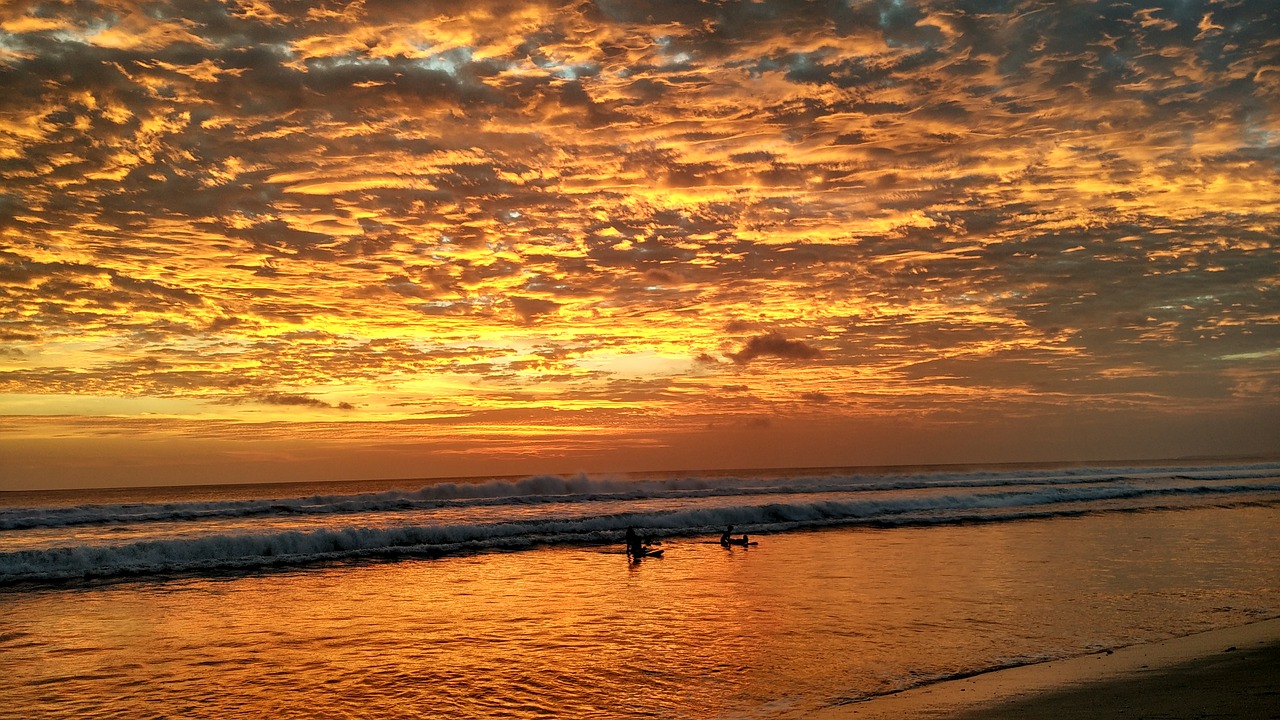In The Healing Power of Mind, the Tibetan teacher, Tulku Thondup, tells a moving story to dramatize faith:
“Many centuries back a severe famine swept through a valley in Tibet. A father saw that he and his children would not live much longer since all their food was gone. And so he filled some bags with ashes, tied them with ropes from the ceiling, and told his little children, “We have lots of tsampa [food made of barley] in those bags, but we have to save it for the future.” The father died of hunger, but the children survived until some people came to rescue them. Although they were weaker than their father, they lived because of their belief that they had food. Their father died because he had lost hope.”
In my life journey through “faith”, I stumbled by grace upon three “inspirational authors, who have deeply touched me. Their books very much influenced my life and growth and allowed me to find the teacher and me. Here they are:
- Patanjali and his Yoga Sutras
- Marianne Williamson, A Return to Love
- Viktor Frankl, Man’s Search for Meaning
What if we believed, we could afford to relax?
Marianne Williamson, A Retun to Love
“What if we truly believed there is a Higher Power –a beneficent order to things, a force that’s holding things together without our conscious control? What if we could see, in our daily lives, the working of that force? What if we believed it loved us somehow and cared for us and protected us? What if we believed, we could afford to relax?
The phyical body is at work every moment, an array of mechanisms with a brilliance of design and efficiency, our human efforts have never begun to match. Our hearts beat, our lungs breathe, our ears hear, our hair grows. And we don’t have to make them work–they just do. Planets revole around the sun, seeds become flowers, embryos become babies, and with no help from us. Their movement is built into a natural system. You and I are integral parts of that system, too. We can let our lives be directed by the same force, that makes flowers grow–or we can do it ourselves.
To trust in the force that moves the universe is faith. Faith isn’t blind, it’s visionary. Faith is believing that the universe is on our side and that the universe knows what it’s doing. Faith is a psychological awareness of an unfolding force for good, constantly at work in all dimensions. Our attempts to direct this force only interferes with it. Our willingness to relax into it allows it to work on our behalf. Without faith, we’re frantically trying to control what is not our business to control, and fix what is not in our power to fix. What we’re trying to control is much better off without us, and what we’re trying to fix can’t be fixed by us anyway. Without faith, we’re wasting time.”
***
Patanjali Yoga Sutra I-20
sraddha-virya-smrti-samadhi-prajna-purvaka itaresam
For those who are not born in the state of Yoga (itaresam), it is necessary to cultivate faith (sraddha), which leads to energy or conviction (virya) to be able to create a wonderful life by remembering (smrtti) the goal (samadhi), resulting in the clearest wisdom (prajna).
Shraddha comes from two Sanskrit words: shrat (shrad),which means “truth” or “faithfulness,” and dha, which translates into “to put or place; to direct one’s mind toward.” Shrat is also a precursor to the English word heart. Assemble these meanings and they tell you that faith blooms when the mind directs itself toward a deep-seated truth—a truth arising in your heart.
REadily Patanjali lays the tools into our hands to move forwad towrads our world goals and ultiamtely our highes goal, samadhi. Easy, I can hear him say. All you need is faith which will gove you the needed energy and clear vision to move forward and reach your goal.
Ancient yogis talked about the quality of “shraddha” which is a positive energy that comes from within. Shraddha is described by T.K.V. Desikashar as
“an unshakable conviction in our journey”
and we need this conviction, or shraddha, to strengthen our intent to achieve success. As yoga students, we cultivate shraddha whether we are doing regular sadhana, practicing yoga therapy or we are wired up to a machine receiving chemo. Yoga goes way beyond the mat. Shraddha is not be translated as a “simple” faith, as B.K.S Iyengar says,
“It also conveys mental and intellectual firmness”.
As yoga students we are inspired to let go of our resistance and cultivate humility in front of the will of the divine, and embrace changes with trust and wisdom. No-one can force faith, as it is a gift from our divine nature. The essence of faith is love, and love is to let go of any fear within ourselves. We build our “shraddha” by pushing through fear and trusting implicitly in our feelings. Our yogic practice helps strengthen our ability to be patient and to wait for the will of higher consciousness. Yogis trust without reservation because “shraddha” is the divine medicine.
I can see in my yoga students when they have given up on an injury, a back or disk issue or a relationship. And no matter what posture or yogic practice I offer, the readiness for healing is not there yet. I remember not to push them because I know that in order to heal there is need for “shraddha” – to cultivate an unshakable conviction that it will work.
***
Viktor Frankl’s book “Man’s Search for Meaning”, which is on the book list for our Bali Yoga Teacher Training, is another book whose intricate philosopies changed my life. And not only mind. It has sold over 2 million copies in 30 languages worldwide. The book in my opinion is so famous because it helps us to restore faith in finding sense in life:
The one who has a how, can deal with any why. (Frankl)
There are many key elements that Frankl shares with us in his book. One theory that this outstanding philosopher mentions over and over again in his book and also what he was faced with in the concentration camp again and again is: when an inmate lost faith, he would usually die within days. And there were signs for it, like he wouldn’t eat his food anymore, smoke a cigarette (which he could have changed for food) or would not get up form bed (and therefore could be beaten to death for it without fighting back). He had given up, he had lost hope and faith.
“The prisoner who had lost his faith in the future — his future — was doomed. With his loss of belief in the future, he also lost his spiritual hold; he let himself decline and became subject to mental and physical decay.” (Frankl)
In contrary to this most understandable reaction to the unbearable situation in the camp, there was another lady who reacted most differently to her fate in his book; athough she knew she was dying, her faith was still there and she found still sense in her suffering (an excerpt directly from the book below):
“The story of the young woman whose death I witnessed in a concentration camp. It is a simple story. There is little to tell and it may sound as if I had invented it; but to me it seems like a poem. This young woman knew that she would die in the next few days. But when I talked to her she was cheerful in spite of this knowledge. “I am grateful that fate has hit me so hard,” she told me. “In my former life I was spoiled and did not take spiritual accomplishments seriously.” Pointing through the window of the hut, she said, “This tree here is the only friend I have in my loneliness.” Through that window she could see just one branch of a chestnut tree, and on the branch were two blossoms. “I often talk to this tree,” she said to me. I was startled and didn’t quite know how to take her words. Was she delirious? Did she have occasional hallucinations? Anxiously I asked her if the tree replied. “Yes.” What did it say to her? She answered, “It said to me, ‘I am here-I am here-I am life, eternal life.”
***
… what are you choosing today? Love or fear?
written by Beate McLatchie

